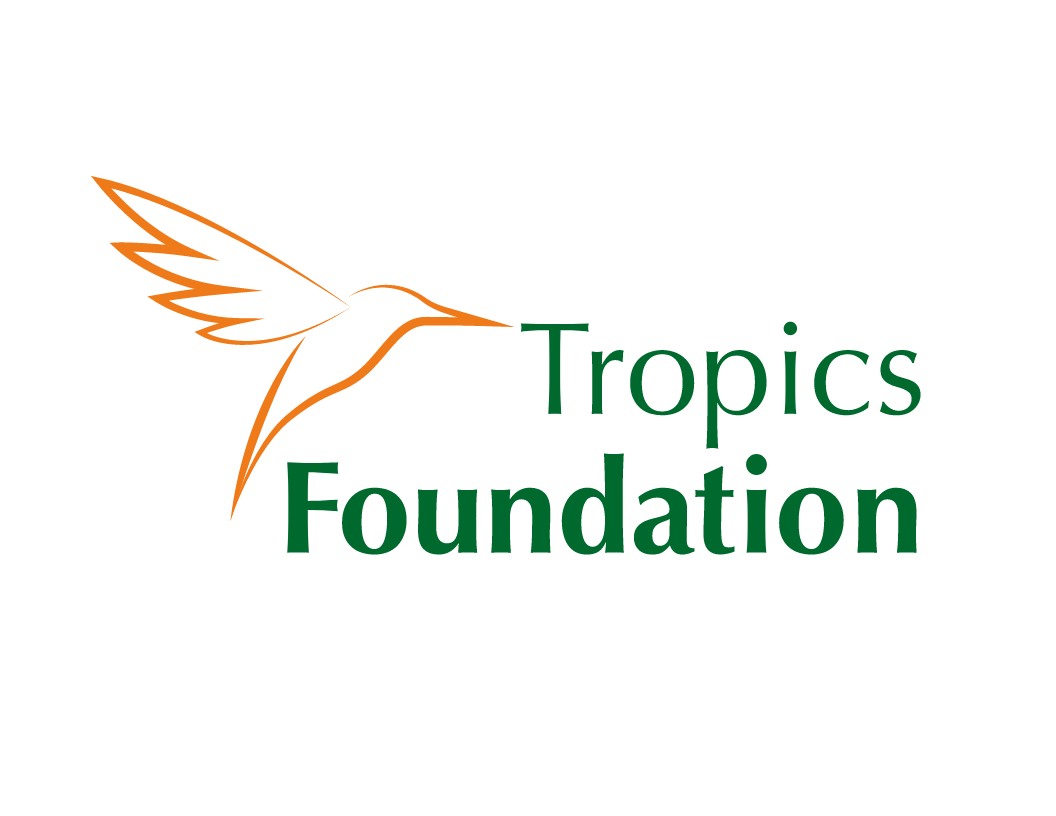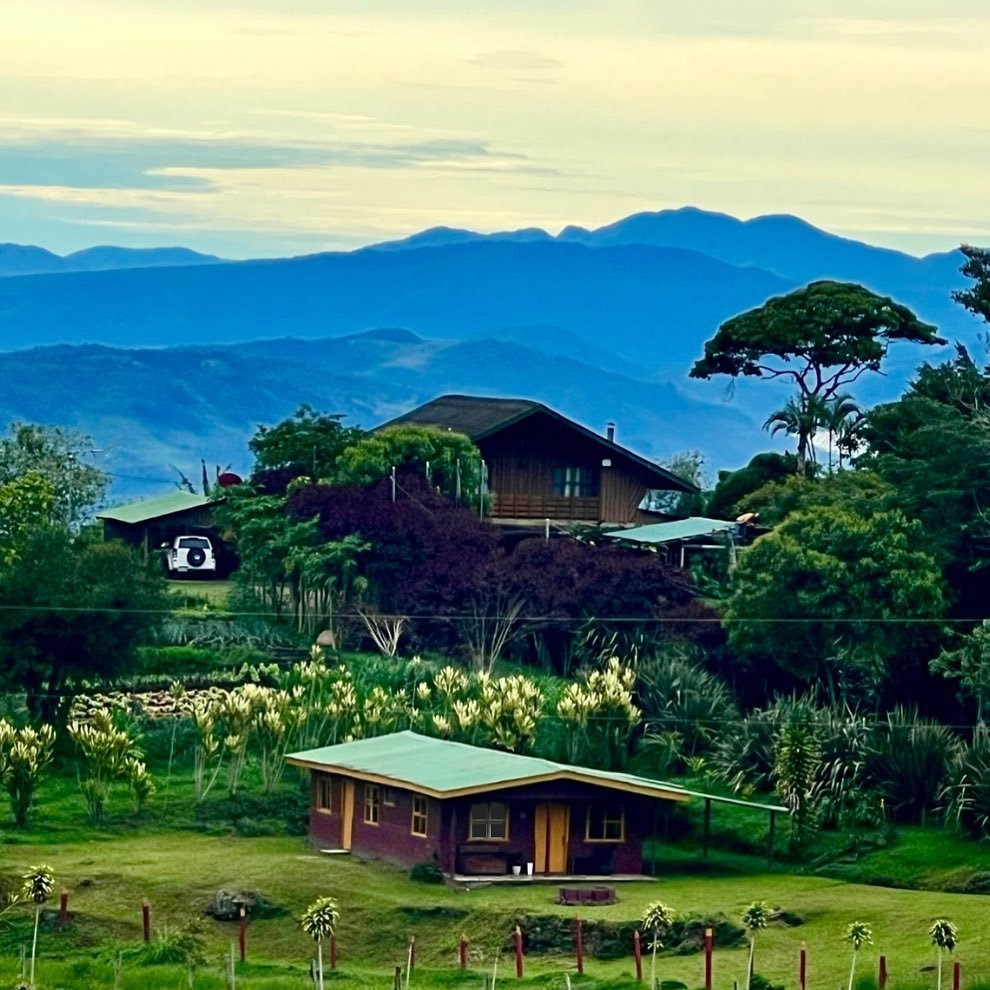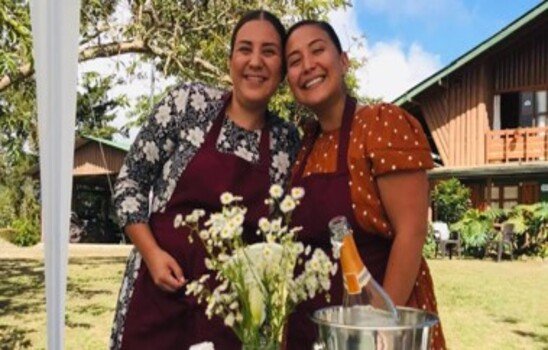Activa-CATIE
A Case Study on “One Health” and How CATIE’s Innovation and Entrepreneurship Laboratory Uplifts Both the Planet and the Economy
Blanco y Negro Sostenible, an organic farm in the canton of Turrialba, Costa Rica that participated in Activa-CATIE to scale their business.
Written by Katie Modic
The Center for Tropical Agricultural Research and Higher Education (CATIE) takes pride in the fact that its formal and informal educational offerings influence people’s lives beyond the boundary of the classroom. For 50 years, CATIE’s education and training programs have served families and communities throughout Latin America and the Caribbean. CATIE uses a “one health” paradigm focusing on the health and well being of both people, including marginalized groups, and the planet through inclusive green development. It isn’t always straightforward how to uplift both planetary and economic prosperity. However, CATIE’s Activa program, an innovation and entrepreneurship laboratory for rural development, is a model doing just that.
Maria Figures and her sister, Laura Figures, at their farm Blanco y Negro.
Meet Laura and Maria Figueres, co-owners of Blanco y Negro Sostenible, an organic farm in Santa Crúz, Costa Rica. These two sisters run one of the 55 current businesses being funded by Activa-CATIE, in partnership with the Development Banking System of Costa Rica. Together, these organizations aim to strengthen ventures in the rural agricultural sector through training, support and granting of seed capital. In order to qualify the businesses have to agree to include sustainable development goals in their business plans and undergo training including access to markets, supply chain, and sustainable management of natural resources to name a few. “ The continual questioning of the status quo, the questions and the comments answered, has allowed us to reimagine and improve our projects” says Pier Protti, another beneficiary of Activa-CATIE and business owner of Bosque Vivo. “The support of each member of Activa-CATIE has been vital to our business success.”
Activa-CATIE started in 2020 with only 8 businesses and has doubled in size every year since. Most of the businesses in its portfolio fall under the umbrella of forestry, agriculture, livestock, rural tourism and eco tourism. An example of a business that combines a number of the above is Nortico, a sustainably run cacao farm in Turrialba that offers farm-to-table tours as well as exports its chocolate products. Owners Anna-Elin Norddal and her husband, Aldo Sánchez, bought the farm in 2016 and little by little have transformed the deforested pasture lands into a lush and tropical cacao forest. The couple is very aware that their daily farming practices have a tremendous impact on both the land and their pocketbook. This is why they use agroforestry - the sustainable combination of crops with trees that drives reforestation, biodiversity, and conservation of nature and provides them a diversity of crops so that they are more resilient to changes in weather and climate. “The cacao tree thrives among other plants and trees of different species, including bananas, citrus, and a variety of legumes” shares Anna. Some of the direct benefits they obtain from this system include: prevention of erosion in hillside areas, increases in quantity and variety of pollinating insects, better chemical and physical composition of soils, habitat creation for birds and other wildlife, and a diverse harvest of fruits and berries for personal and commercial consumption.
Agroforestry is a forest management technique that combines crops with tree cover to reduce erosion, increase healthy soil composition, mitigate climate change, support habitat conservation and increase biodiversity.
Businesses like Nortico, that use agroforestry, are complementing Costa Rica’s remarkable reforestation in the past three decades. Today, with abundant tropical vegetation cloaking its countryside, it is hard to imagine that the Central American nation could once have been any greener. It has built a reputation, and a thriving eco-tourism industry, based on being a biodiverse natural paradise. The country boasts more than two dozen national parks, as well as rainforests, cloud forests, tropical dry forests, conservation areas and incredible wildlife. But in the 1970s, Costa Rica’s deforestation rates were among the world’s worst. By some estimates, forest cover plunged to just 25 per cent of the country. Other experts say its lowest point was 40 per cent. After the removal of cattle subsidies in the mid-1980s, and a landmark forestry law in 1996 that banned deforestation and introduced a pioneering payment system to champion reforestation and biodiversity, forest cover is now back to 52 per cent.
That being said, small business owners looking to make a living in the rural agricultural sector and run small-scale sustainable businesses often require specialized support, which is where Activa-CATIE plays such a critical role. The innovation and entrepreneurship laboratory uses a 4-phase approach to ensure success with its rural, agricultural stakeholders. First, they identify and categorize enterprises into one of three phases (pre ideation stage, current businesses looking to build new innovations, or established businesses looking to design long-term sustainability). Next, specialized training is provided to increase the capacity of the entrepreneurs, followed by resource mobilization and finally, networking and community building among the participants to share best practices and reflect and refine strategies.
As the world works to grapple with today's challenges of poverty, climate change, food insecurity, deforestation and biodiversity loss, Activa-CATIE, together with its network of partners and funders, work collaboratively to continue to train regional business leaders who can solve tomorrow’s challenges and uplift the “one health” paradigm. APPLICATIONS ARE CURRENTLY OPEN for the next cohort of rural entrepreneurs! Be sure to apply by August 13th, 2023!
As CATIE looks ahead to 2024, it plans for the scaling of Activa-CATIE into additional member countries. The Tropics Foundation provides critical resources for many of CATIE’s most important social projects and is raising funds to drive this scaling. To learn more about how you can get involved in supporting a rural agricultural entrepreneur whose business will advance sustainable development while providing economic mobility, contact Tropics Foundation Development Officer, Katie Modic (katie.modic@catie.ac.cr).
The map below displays the scale of Activa-CATIE in 2023. Most of the businesses are located in Costa Rica. CATIE hopes to increase its impact area and expand to additional countries throughout Latin America in 2024.




